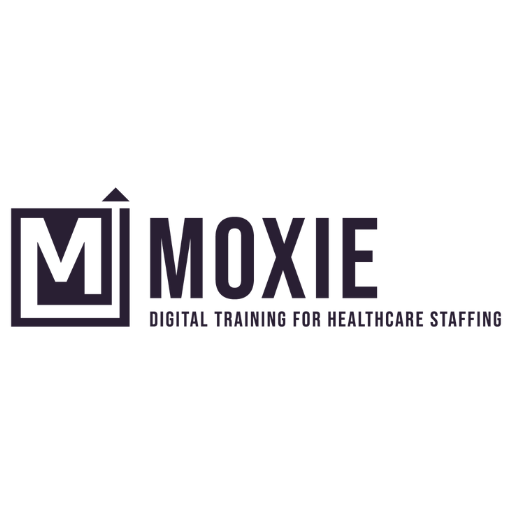By: Adam Gomez
Travel healthcare recruiters have a lot of jobs to choose from right now for their prospects. But, often prospects have very specific demands when it comes to an assignment. If you find the perfect fit for your prospect but the pay package doesn’t meet their needs here are some tips on how you can respond.
Ask “why”.It seems so simple and it really is. But often recruiters hesitate from asking a prospect why they need to make x dollars. If you haven’t asked, you should. Many recruiters feel this is rude to ask. The fact is, if you don’t ask you won’t know. You should understand why this prospect feels that figure won’t work for them. It will allow you to determine whether this prospect is someone you can help, or not. Sometimes, prospects simply don’t understand the constraints recruiters have on them when it comes to pay they can offer for a position. By asking “why” you can further understand whether this is something that simply won’t work for a prospect or whether they are essentially “kicking the tires” to see if they can get more from you.
Restate their needs (using their own words). Restate what they were needing from a contract and how it fits with their list of needs. For example, “You told me you really needed a job in Denver and this job is in Denver. It was important to you to be close to family and this job will allow you to be close to family.” In this situation, it’s also good to have some other options which do meet their financial requirements but don’t meet other requirements they’ve indicated were more important than pay. The fact is, we all want more than we can have in most situations where we deal with a sales professional. It’s to be expected that a traveler will want to make more than what is offered. It’s just human nature!
Ask for more. Talk about picking up extra shifts. Is working overtime an option? What about taking care of their own housing (if they are wanting company housing); will they consider a longer contract? What about agreeing to work a 48-hour contract instead of a 36-hour contract; are they willing/able to work another shift (when shift differential is offered); are they able to secure insurance from an outside source (there are several options for consumers when it comes to health insurance which may save a considerable amount of money!).
Move from price to value. When the conversation shifts to a discussion of pay (price), it often means what you’re offering is not hitting their needs/wants. You haven’t created value for them. If what you’re offering is what they have indicated they value you can easily remind them of the fact this job checks all the boxes they indicated were highly valued by them. Speak to the points they made with respect to value and how each assignment is different. There are many travelers who have had a successful career following this process. They may take a position which pays less than an ideal amount because it meets other needs. But the next contract they focus on hitting the mark when it comes to pay. This truly is the reality of the market and is a great point to drive home with any travel nursing prospect you interact with.
Take it away. People are funny. Sometimes they want what they can’t have. If a prospect tells you the position isn’t paying enough for them to consider, but it is meeting all of their needs, it is beneficial to take that one off the table. “Ok, well this job meets all of your needs but since it’s not paying x per week we need to move on.” You’d be surprised how many times that prospect will ask for more information on the position and ultimately agree to the terms being offered. If the job is truly meeting their needs in 4 out of 5 areas they may well accept the terms! But, if you don’t take it away they may never be motivated to see that.
As a travel healthcare recruiter, you have limited control over what you can offer with respect to pay. It’s important you have developed a system for responding to the most common objection you will hear in this industry; “that job is perfect but the pay doesn’t work for me”. If you haven’t already developed a system for dealing with this objection you should start now!





